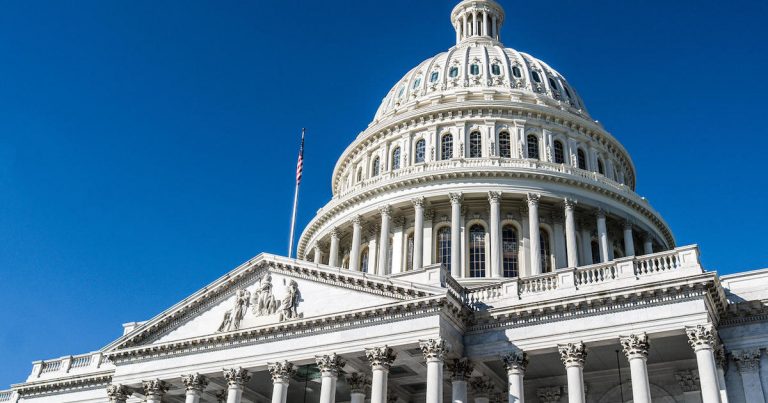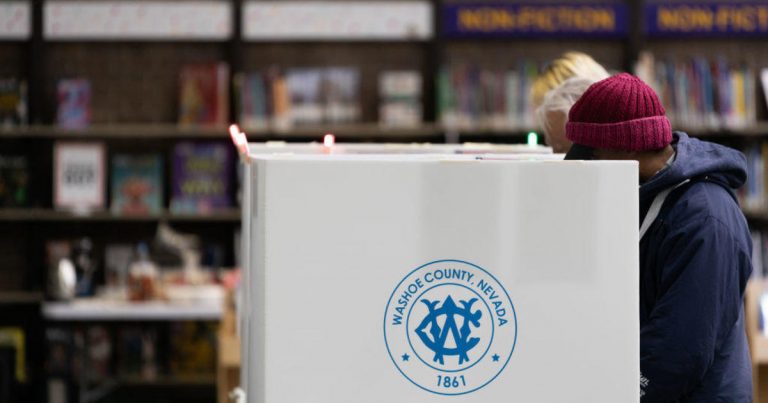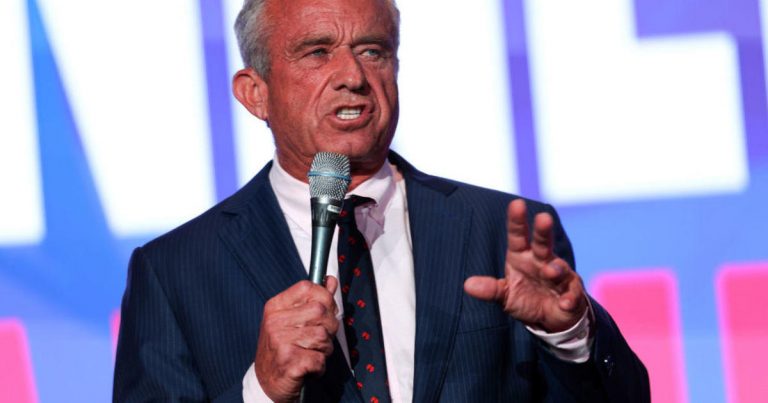RFK Jr. against hormone therapy for minors
Independent presidential candidate Robert F. Kennedy Jr. is facing scrutiny for his conservative stance on gender-affirming care, with many experts and advocates expressing concerns over the potential impact of his policies. Despite claiming that this issue is not a central focus of his campaign, Kennedy has made controversial statements supporting a ban on certain gender-affirming treatments for minors.
During a rally in Austin, Kennedy emphasized his views on abortion, the border, and trans rights, asserting that these issues are important but not the most critical concerns for the American people. He referred to gender-affirming care as a “non-existential” issue and questioned the necessity of treatments like puberty blockers and hormone therapy for minors.
His running mate, Nicole Shanahan, a former California lawyer, echoed Kennedy’s sentiments in a podcast appearance, where she criticized medical professionals for their approach to prescribing puberty blockers. Shanahan downplayed the experiences of children with gender dysphoria, labeling it as merely a part of the “awkward years” of adolescence.
Shanahan later took to social media to reinforce Kennedy’s stance, expressing her belief that children are too young to provide informed consent for puberty-blocking treatments. Kennedy himself has voiced concerns about the long-term effects of these interventions, referring to them as “castration drugs” and advocating for postponing such treatments until adulthood.
Despite Kennedy’s claims of empathy for individuals with gender dysphoria, his views have raised alarm within the LGBTQ community and among medical professionals. He has been criticized for spreading misinformation and promoting harmful stereotypes related to LGBTQ issues, such as suggesting that environmental chemicals could influence a child’s sexual or gender identity.
While Kennedy has not responded to requests for comment on his controversial statements, medical experts emphasize the importance of gender-affirming care as a vital medical necessity for individuals with gender dysphoria. Many states have enacted prohibitions on such treatments, limiting access for those in need and leading to lengthy wait times for specialized care.
Dr. Meredithe McNamara, an expert in adolescent care at the Yale School of Medicine, highlights the low percentage of young people prescribed puberty blockers for gender dysphoria and refutes claims of long-lasting harm from these treatments. Access to gender-affirming healthcare is crucial for the well-being of transgender and gender-diverse youth, and delaying or restricting these treatments can have detrimental effects on their health and stability.
As the debate around gender-affirming care continues, advocates stress the importance of evidence-based medical practices and the inclusion of diverse perspectives in policy discussions. While Kennedy’s views may resonate with some individuals, they have sparked significant controversy and underscore the ongoing challenges faced by the LGBTQ community in accessing essential healthcare.








